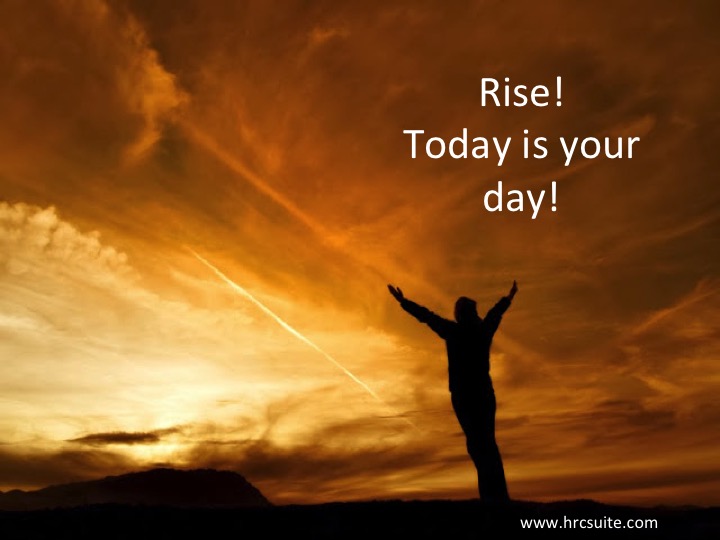In an era of digital interconnectedness and global collaboration, the traditional boundaries of the workplace have expanded, leading to a workforce that spans continents and time zones. While the benefits of a global workforce are undeniable, the challenges in maintaining high levels of employee engagement across diverse cultures and locations are equally significant. In this article, we delve into the strategies and best practices that leaders can employ to maximize employee engagement in a global work environment.
Understanding the Global Landscape
Creating a unified and engaged workforce in a global setting begins with a deep understanding of the various cultural, linguistic, and geographical factors at play. Leaders must acknowledge and celebrate these differences while fostering a sense of belonging and shared purpose among employees. Communication becomes a cornerstone, with an emphasis on clarity, transparency, and inclusivity.
Cultural Competence as a Leadership Imperative
Global leaders must embrace cultural competence as a core leadership skill. This involves not only understanding the cultural nuances of different regions but also adapting leadership styles to resonate with various teams. Cultural sensitivity, active listening, and the ability to navigate cross-cultural communication challenges are paramount.
Leveraging Technology for Connection
Technology acts as the bridge that connects a globally dispersed workforce. Virtual communication tools, collaboration platforms, and project management software become essential components of the global leader's toolkit. Leveraging these technologies fosters real-time collaboration, making employees feel connected and part of a cohesive team, regardless of their physical location.
Remote Work and Flexibility
The rise of remote work brings forth new opportunities and challenges for employee engagement. Leaders must prioritize flexibility while setting clear expectations. Remote work policies that support work-life balance and acknowledge diverse time zones contribute to a more engaged and satisfied global workforce.
Employee Recognition on a Global Scale
Recognition is a universal motivator. Effective recognition is consistent, timely and aligned with core values. Global leaders must ensure that employees across the world feel valued for their contributions. Implementing global recognition programs, acknowledging cultural celebrations, and highlighting individual and team achievements on a global platform reinforce a sense of accomplishment and belonging.
Investing in Professional Development
Employees are more likely to be engaged when they perceive growth opportunities within the organization. Providing access to continuous learning and development, mentoring programs, and career advancement initiatives not only enhances skills but also demonstrates the organization's commitment to the professional growth of its employees.
Building a Unified Corporate Culture
To minimize a sense of disconnectedness, leaders should also strive to build a corporate culture that unifies the global workforce. Shared values, a clear mission, and a strong organizational identity create a sense of unity among employees worldwide. Regularly communicating and reinforcing these cultural touchpoints contribute to a cohesive global culture.
Measuring and Responding to Employee Feedback
Engagement surveys and regular feedback mechanisms are critical in gauging the pulse of a global workforce. Leaders should actively seek feedback, analyze the results, and implement responsive strategies. Recognizing and addressing concerns in a timely manner reinforces a culture of trust and employee-centric leadership.
Use this article as a checklist to revisit existing practices. Because the world, consumers and the workforce is rapidly changing, savvy leaders will make it a habit to review and review practices.
Latest posts by Tresha Moreland (see all)
- Building Trust in Uncertain Times: Strategies for Global Leaders - May 2, 2024
- Navigating Required Wage Increases: Strategies for Leaders in Tight Budgets - April 29, 2024
- Navigating Ethical Dilemmas in Organizations - April 28, 2024













